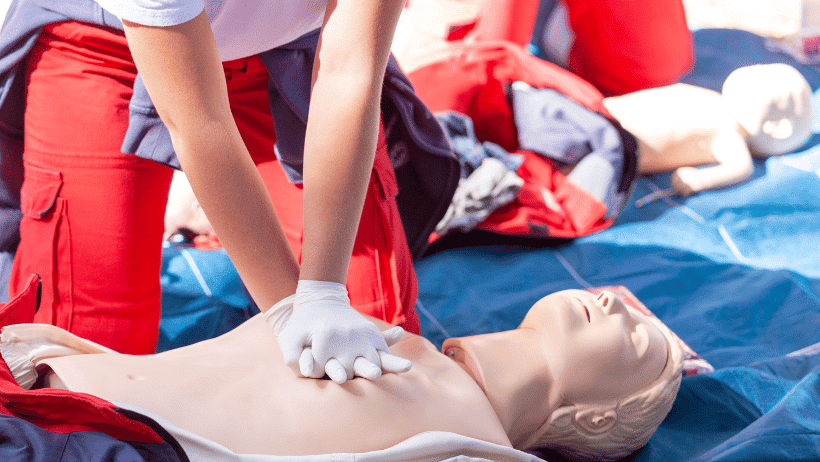Cardiopulmonary resuscitation (CPR) is a life-saving technique that has been instrumental in reviving individuals whose hearts have suddenly stopped beating or who have ceased breathing. This quick and decisive action can mean the difference between life and death, making it an essential skill for everyone to learn. But what happens after the danger has passed? What does the recovery process look like for those who have survived due to CPR?
The Physical and Psychological Aftermath
Survivors of cardiac arrest often face a difficult journey post-recovery. While the physical healing process might be challenging, the psychological aftermath can be equally daunting. Research suggests that 15 to 50 percent of cardiac arrest survivors experience adverse psychological effects, with a smaller subset emerging from the experience with increased psychological resilience.
Depressive symptoms, post-traumatic stress disorder (PTSD), and anxiety are common amongst survivors. The impact of these psychological distresses can significantly influence the survivors’ perception of their long-term recovery. In fact, a majority (95%) reported lingering psychological difficulties after being discharged from the hospital.
Coping with the Emotional Roller Coaster
The journey of recovery for CPR survivors is often described as an “emotional roller coaster”. The sudden brush with mortality can stir up a whirlpool of emotions, leading to the onset of mental health issues. Recent updates to CPR guidelines address not just the physical recovery but also the emotional wellbeing of survivors.
To cope with such challenges, survivors need access to cognitive and psychological resources throughout their recovery process. Unfortunately, research suggests that survivors of cardiac arrest receive significantly fewer such resources. This highlights the need for more comprehensive care strategies, including mental health support and counseling.
The Importance of Learning CPR
Learning CPR can significantly lower one’s response time to cardiac arrest events, increasing the chances of survival. But it’s not just about physical survival. Being better prepared for such events can also help survivors cope with the psychological aftermath, knowing that they received the best possible care in the moment of crisis.
The Role of Mental Health Support
As we acknowledge the psychological challenges faced by CPR survivors, the importance of mental health support becomes evident. It’s crucial for healthcare providers, families, and communities to understand and address these issues, providing the necessary psychological support and resources for survivors on their journey towards recovery.
In conclusion, surviving a cardiac arrest is just the beginning of a long journey. While we celebrate the life-saving power of CPR, let’s also remember the equally important task of supporting survivors in their psychological recovery.






